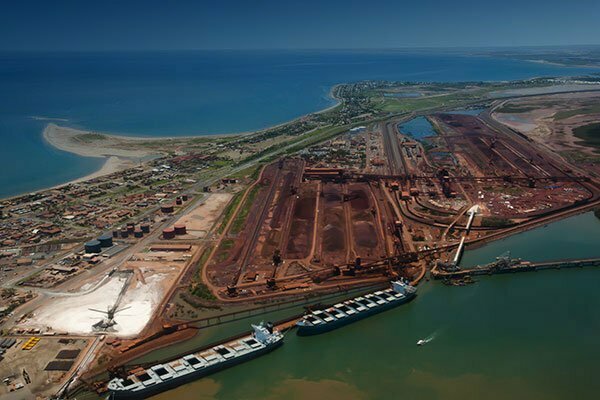This is the second report by RFC Ambrian in our series on sustainability in the mining industry. In this report we take a look at the crucial role being played by commodities in the decarbonisation of energy and how it is re-shaping the demand for commodities. We also examine commodities where supply issues could negatively affect the pace of decarbonisation. Finally, we take a look at how some mining companies are re-shaping their commodity portfolios as a consequence.
Commodities Critical to Decarbonisation: The requirements for minerals and commodities for growth and development of the renewables industry are discussed in a large number of research reports from various public, government, and private organisations. In recent years, there has also been an upsurge in studies of ‘mineral criticality’, in terms of the high penetration of renewable and storage technologies and the potential constraints that certain minerals may impose.
Future Minerals Demand Uncertainty: While it is clear that the technologies assumed to populate the clean energy market (wind, solar, hydrogen, and electricity systems) are in fact significantly more material intensive in their composition than current traditional fossil-fuel-based energy supply systems, the actual increase in demand that certain metals will experience is unclear and extremely difficult to predict.
Renewable Technologies Examined: This is not only because it is difficult to forecast the uptake and rate of growth of the individual technologies and the level of relative penetration of each technology, the technologies themselves are also still evolving. This means that important factors such as the impact of improving material efficiency and potential recycling rates remain uncertain. We take a brief look at each of the significant renewable technologies to examine which commodities are important in their production and development.
Demand Studies Examined: Various organisations continue to make, and update, forecasts of how the world’s energy markets will evolve out to 2050 and we examine some of these which give some basis for thinking about future commodity demand. The reports generally highlight that metals likely to benefit from a low carbon energy shift including copper, cobalt, silver, aluminium, nickel, zinc, lithium and rare earth, among others.
Primary Supply & Recycling Important: The reports also note that it is important to understand the changes in the available supply of these commodities, the geopolitical landscape, and the associated social and environmental impacts. All of the reports also agree that increased levels of recycling are important issues.
Companies Rethink Commodity Portfolios: Finally, we take a look at how climate change, the decarbonisation of energy, and the changing demand for certain commodities, is forcing many mining companies to think about their commodity portfolios. So far, the biggest change has been with regards to exposure to coal, where some action has been taken. Elsewhere there has been a change in focus of some exploration and development where emphasis has shifted towards a number of ‘green’ commodities, such as lithium and rare earths, particularly amongst the junior sector.
For the full 20page report please click here.
RFC Ambrian has a track record of over 30 years of providing independent corporate advisory and investment services to the global mining industry, from both a technical and financial perspective.
Research
David Bird
+44 (0)20 3440 6822
david.bird@rfcambrian.com
Corporate Broking
Charlie Cryer
+44 (0)20 3440 6834
charlie.cryer@rfcambrian.com










